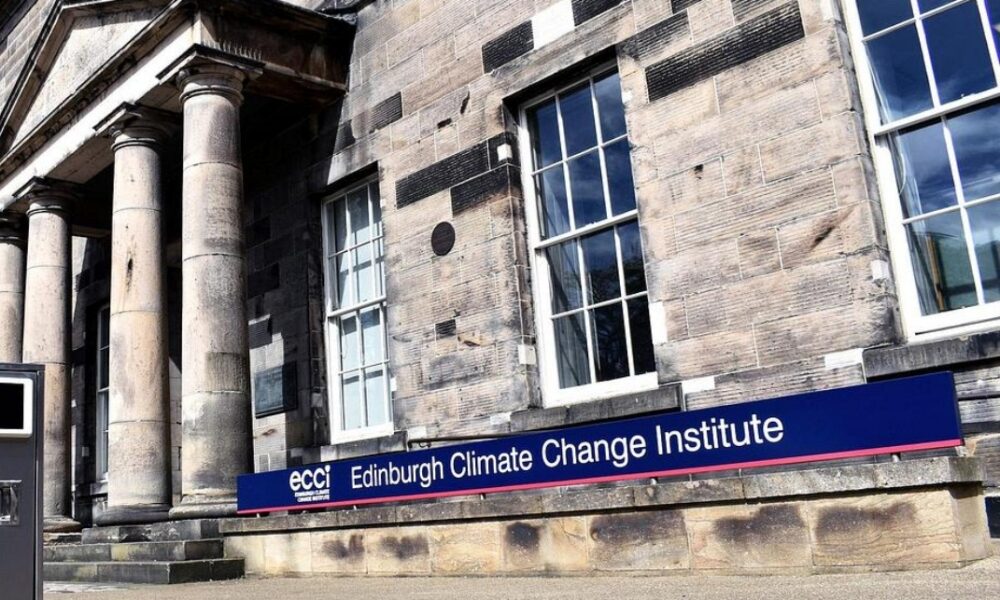
In a first, University of Edinburgh launches Hindi course
London, May 30 (IANS) The University of Edinburgh has partnered with the Indian consulate in the UK to develop its first open access course in Hindi language.
The Climate Solutions course has been curated with the help of skilled translators, and was a result of collaboration between the government of India and the University’s Edinburgh Climate Change Institute.
The course is designed and delivered by award-winning climate change experts, including Executive Director of the Edinburgh Climate Change Institute (ECCI), Professor Dave Reay.
Climate Solutions: India (Hindi) looks at the science, impacts and solutions of climate change in the country — a valuable resource for many thousands of Hindi-speaking students and educators across India and the rest of the world, an Edinburgh University release stated.
“It has been a real pleasure working in partnership with the India Consulate — with whom we have an excellent link — to develop this new open access climate change course. Huge thanks to the online course development team here at Edinburgh, and to the wonderful translation work led by our colleagues in the India Consulate, in bringing this important new course to life,” Reay said in a statement.
The increased accessibility of the course with the additional language marks a milestone moment for the University Institute, the University statement read.
The five-week course focuses on different climate zones across India and how the changes in zones could impact the country’s health, agriculture and the economy.
“I am delighted to see this course being launched in Hindi — congratulations to all involved. We are grateful to the Consulate General of India in Edinburgh for their kind support. This is a fantastic example of the collaboration between the Government of India and the University of Edinburgh in this all important area of climate change,” said Professor Pankaj, International Dean for South Asia at the University of Edinburgh.
The course is also available in English and Arabic, and its new versions are planned for Senegal, Malawi, Ecuador and Mexico in the near future.

